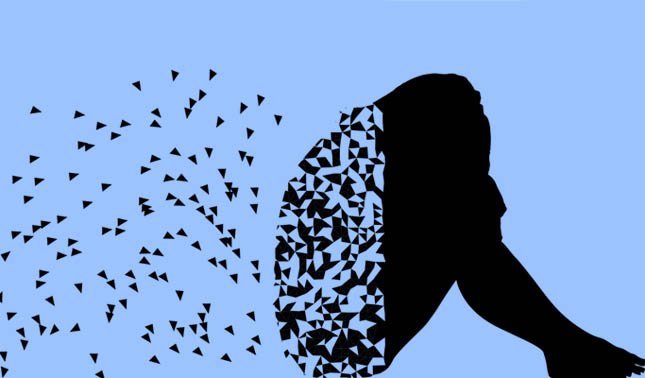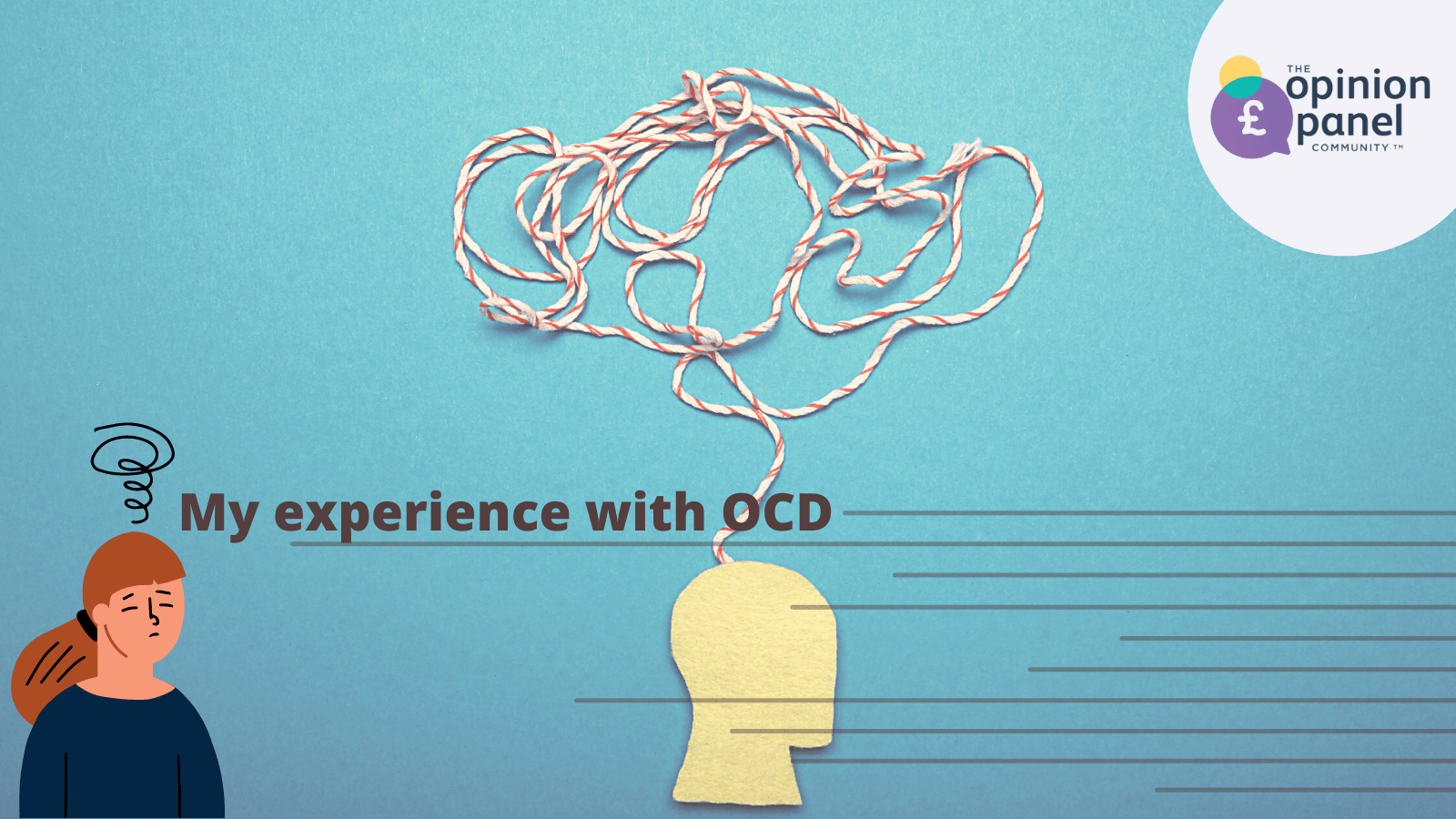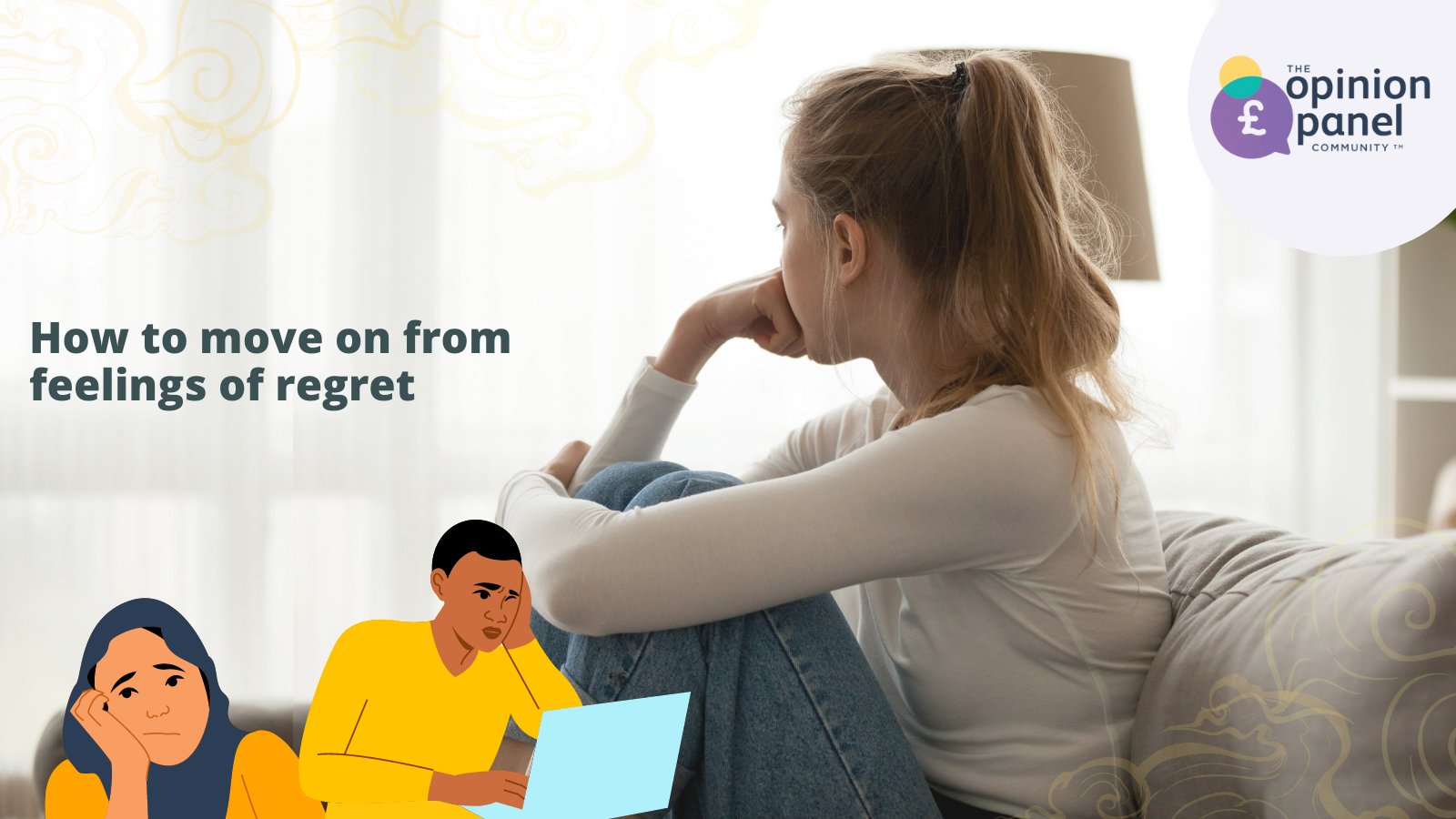Yep, I’m back in hospital. Once again I’ve been beaten by my eating disorder.
With too much time on my hands, I’ve decided to keep my brain busy by completing some online courses, the most recent titled ‘Understanding Autism’. That’s when I realised all the similarities between autism and anorexia…

Is anorexia and autism linked?
I’m sure you’ve heard of autism. Perhaps a member of your family has been diagnosed with it, or you have a friend who you suspect is ‘on the spectrum’. We all have our own ideas about the condition, some facts and some mere misconceptions. But what has been agreed on is the two defining features:
1. Difficulties in social communication and interaction
2. Restrictive and repetitive behaviours
Autism is not a new phenomenon, despite the recent surge in diagnoses. The earliest reference to observations of autistic behaviours was in the 18th century in a feral child, ‘Victor of Aveyron’. The term ‘autismus’ was coined by Bleuler in 1910 and was believed to be symptomatic of schizophrenia. However, it has since been recognised as a single entity, despite the breadth of presentations and co-morbidities that accompany it.
When learning about common autistic traits, striking similarities between my anorexic cognitions and those of autistic people became apparent. I’ll show you what I mean:
An eye for details.
I’ve always been a sucker for the details; those seemingly insignificant pieces that build the bigger picture. Focusing on those pieces can be tiring and time-consuming, but diverts my attention to the insecurities I have with my body and drives my need for control over my body. An inability to just consider the bigger picture makes me impulsive and reckless. Similarly autistic people often exhibit hyper-focus whereby they hone in on specifics as a way to avoid confusion and prevent them from becoming overwhelmed.
Following the rules.
Not just rules though, my own rules. Whether that is a calorie limit or my exercise regime, sabotaging these will send me into mental turmoil. Likewise, an autistic person may have to shut the door a certain number of times or use the same coat peg everyday at school. The inability to do this could trigger a meltdown.
Calculations rather than intuition.
If my body tells me to eat, if it tells me to stop running, if it tells me to rest, I won’t listen. No longer do I rely on feelings to inform my choices. Instead I rely on my meticulous calculations to determine my eating and exercise routines. Although autistic people tend to be more aware of their own feelings, they may lack intuitive understanding of feelings of others. Different, perhaps, from my own lack of intuition, but nonetheless a lack of intuition!
So if both anorexics and autistics possess such similar traits, could we have the same, or overlapping diagnoses? Might anorexia be a manifestation of autistic traits, particularly focused on food and exercise and our own bodies? Or are autistic traits prevalent throughout the whole neuro-typical population, simply to a lesser extent than in autistic individuals?
One of the discussions within my course was whether autism was a ‘single thing’, if certain autistic traits were commonplace amongst non-autistic people. I suppose I am addressing a similar question by suggesting a relationship between autism and anorexia.
But there are big differences.
A point to bear in mind is that autistic people engage in repetitive and restrictive behaviours because of the pleasure and satisfaction it provides. I would argue that this is not the case for people like myself, who have anorexia. Broadly speaking, our rituals are fuelled by fear and anxiety.
As I mentioned above, the first defining feature of autism is difficulties in social communication and interaction. One hypothesis is that autistic people lack ‘Theory of Mind’, the concept that others have different thoughts and feelings to our own. This understandably causes great difficulty in social situations. Anorexic individuals, on the other hand, tend to focus largely on perceptions of others, whether or not these are accurate.
From experience, though, I can vouch that social interactions can be tough. Total preoccupation with disordered thoughts renders it impossible to feel part of the conversation, instead watching as an observer. Could this loneliness resemble the social difficulties those with autism experience?
There is no denying that sufferers of anorexia tend to have elevated autistic traits. An interesting study was published on this topic (excitingly one of the lead researchers was Simon Baron Cohen, the cousin of Sacha Baron Cohen, also known as Borat or Ali G!). However, one can only hope that such observations will support identification of interventions for the conditions or help diagnose individuals who may have one or both of the conditions.
If you want to read more of my posts check out my personal blog: thousandnotesoneinstrument






As an autistic woman who has also suffered from anorexia, this is something I have rather a lot of experience in. Anorexia is not a form of autism. However, there is a very high comorbidity between the two. Many, many people who are atypically autistic (the constellation of symptoms most commonly, though not exclusively, found in women and those perceived as such) have disordered eating. Sometimes “repetitive and restrictive behaviours” are not for pleasure but more as a method of self-regulation; for dealing with anxiety-inducing situations. Autistic people are also likely to get “stuck on” an idea – if that idea is weight, body image, and rules around eating, then you end up with a classic presentation of anorexia.
Many autistic women (or those who are atypically autistic) go undiagnosed or are misdiagnosed with a personality disorder because the diagnostic criteria are skewed because a more typically male presentation. The rates of diagnosis being higher in men and boys is an indicator that they’re being diagnosed more often, not that more men are autistic than women. Additionally, autistic women are more likely to develop the ability to “mask” – to use tremendous amounts of energy to attempt to appear allistic (non-autistic). I wasn’t diagnosed until I was almost sixteen, having had what amounted to a mental breakdown because I was no longer able to mask. This included my aforementioned eating disorder, among other things.
If you’re feeling like some of the descriptions of autistic people are relatable, I’d suggest doing the RAADS-R test at aspietests.org. It can give you a better idea of whether seeing your doctor to ask about an autism assessment would be helpful. Try to answer as honestly as you can, preferably with the help of someone who knows you (although maybe not disclosing why you’re asking). Also, if you Google “list of female Asperger Syndrome traits” and choose the first result you may have an epiphany – I did when I read it and I’d already been diagnosed for six years at that point.
Interesting opinion but as someone who has supported individuals with autism, I can’t agree that anorexia is connected despite there being similarities, for what I have seen from the individuals I have supported there connection with meals was a routine based activity more than a need to live. To me anorexia is solely a mental health condition, that with treatment and support can be reversed, the same can not be said for autism
People with Autism should be cared for at all times
Is a interesting perspective to represent the anorexia disease. I had a friend with this illness and it was difficult for her to recovery completely.
autism is the worst thing to have
A very interesting article. I’m sorry to hear that you’re struggling with anorexia though, and my wish for you is that you’re able to see a future past it. I myself am in recovery from an eating disorder (pretty much fully recovered actually, and, after 6 years, my diagnosis of atypical anorexia was removed a couple of months ago!), so I am always here if you need to talk. Out of interest, is the course you’re doing on FutureLearn? If so, then I have completed the same one!!
Autism is the most serious disease for me